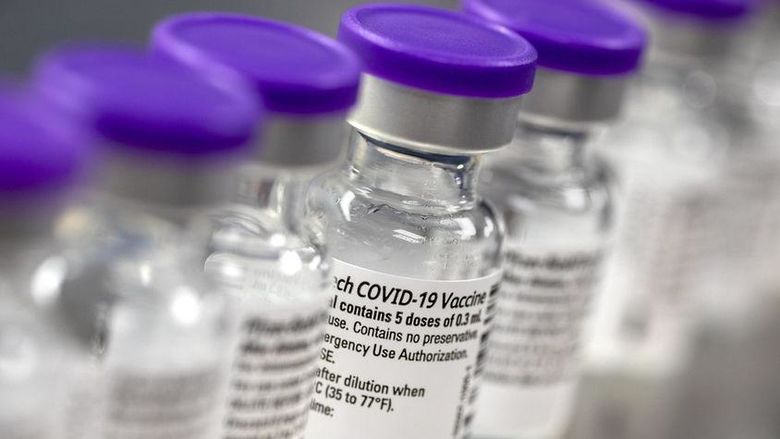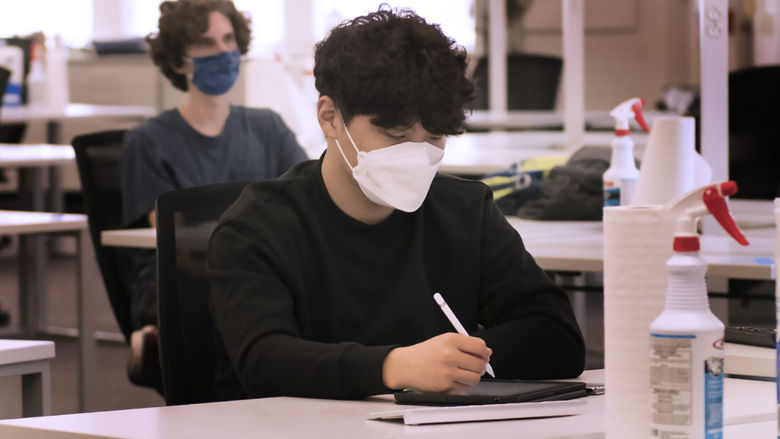
For individuals planning to travel abroad, University Health Services offers a year-round travel clinic that includes health and safety education, as well as recommended vaccines for intended travel destinations.
UNIVERSITY PARK, Pa. — As students begin gearing up for their spring break travels, the University is reminding travelers to take precautions to stay healthy and avoid illnesses.
While Penn State continues to monitor the global outbreak of the coronavirus closely, Dr. Robin Oliver-Veronesi, senior director of University Health Services, said the chances of individuals contracting the respiratory illness remain low.
“Today, the risks of contracting the coronavirus are low,” she said. “In addition, there are travel restrictions in place by Penn State, and the U.S. Department of State declared a Level 4 Travel Advisory for China.”
Oliver-Veronesi said one of the biggest concerns this time of the year is the common flu. “People need to have their flu vaccination at least two weeks before they travel,” she said. “They need to be up to date on their vaccinations, and flu is the most important one during this time of the year. They also need to be up to date on their measles, mumps and rubella vaccines, which is also a University requirement for students.”
For individuals planning to travel abroad, University Health Services offers a travel clinic year-round that includes health and safety education, as well as recommended vaccines for intended travel destinations.
Oliver-Veronesi said that Centers for Disease Control and Prevention has a special spring break travel website with health tips, as well as a website where travelers can enter their destination to identify specific travel health notices.
Regardless of where individuals travel — whether it’s abroad, somewhere in the United States or home — Oliver-Veronesi said people should follow the same steps to stay healthy:
- Wash your hands. “The best way to prevent illness is to wash your hands with soap and water frequently,” she said. “If soap and water are not available, then use hand sanitizer.”
- Don’t share drinks. “Many of the gastrointestinal illnesses and respiratory illnesses can be shared through drinks, so avoid sharing drinks, and use bottled water when possible, particularly in developing countries,” she said.
- Maintain good habits. Oliver-Veronesi said getting good sleep and exercise are preventive measures to help the body stave off potential illness.
If students returning to campus are not feeling well, Oliver-Veronesi said they should consult their physician immediately, or make an appointment at University Health Services.
Students at locations other than University Park should contact Health Services at their individual campuses if they are feeling ill.

